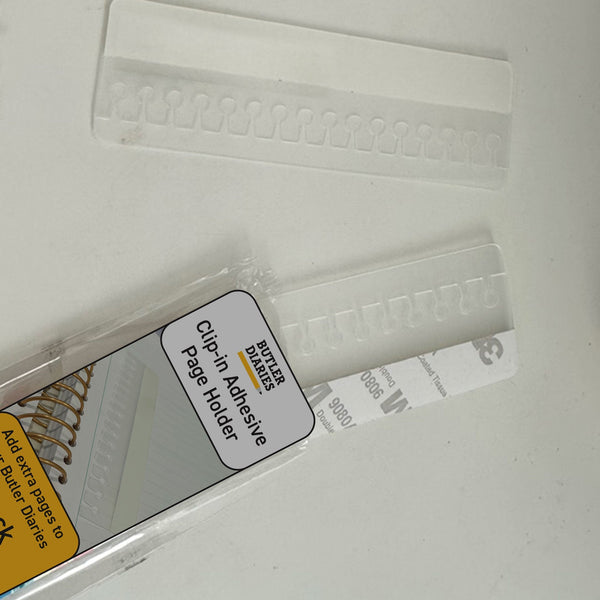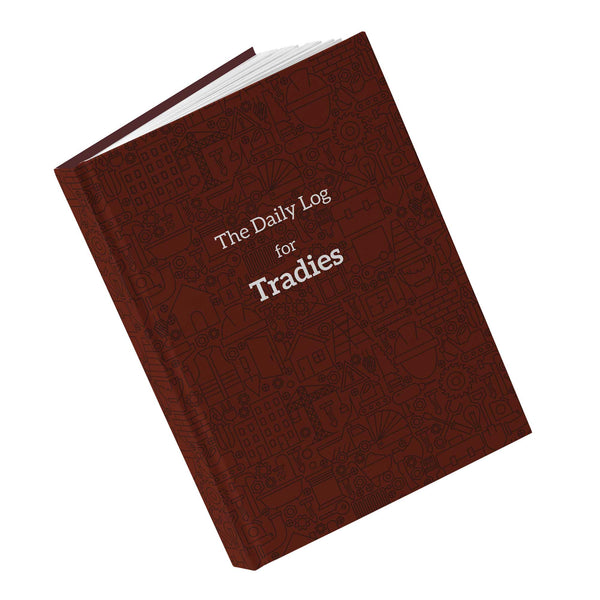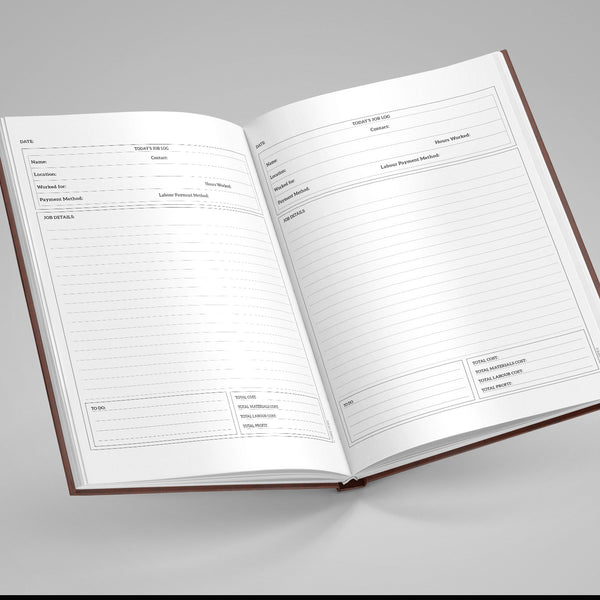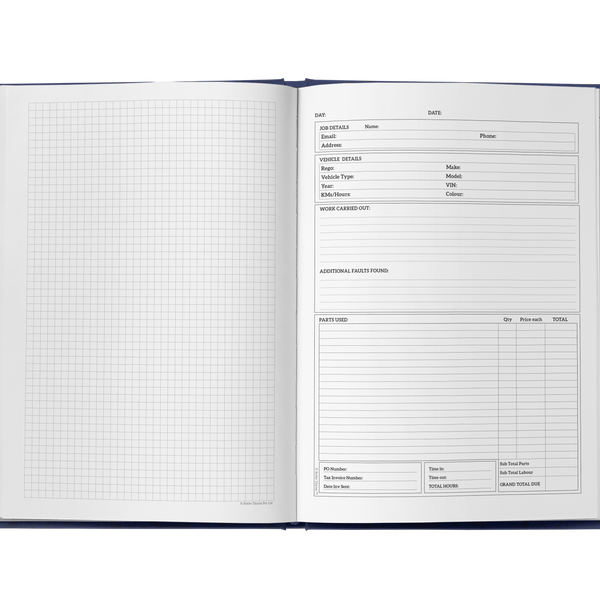Securing the right job can often feel like navigating a labyrinth of opportunities. Whether you're a seasoned tradie looking to advance your career or just starting out in the field, mastering the art of job hunting is essential for success. Here are some invaluable tips to help you land your dream job as a tradie:
1. Craft a Standout Resume: Your resume is your first impression on potential employers. Ensure it showcases your relevant skills, experience, and qualifications in a clear and concise manner. Tailor it to each job application, highlighting key achievements and certifications that align with the position you're applying for.
2. Network Effectively: Networking is a powerful tool in the tradie industry. Attend trade shows, industry events, and join professional associations to expand your connections. Building relationships with fellow tradies, suppliers, and employers can lead to valuable job opportunities and referrals.
3. Showcase Your Skills: Demonstrate your expertise by showcasing your work through a portfolio or online platform. Include photos, videos, or testimonials from satisfied clients to highlight your capabilities and quality of workmanship. A strong portfolio can set you apart from other candidates and impress potential employers.
4. Stay Up-to-Date: Stay informed about the latest trends, technologies, and regulations in your trade. Continuous learning and upskilling not only enhance your capabilities but also demonstrate your commitment to professional development. Consider obtaining relevant certifications or licenses to increase your marketability and credibility.
5. Research Prospective Employers: Before applying for a job, research the company thoroughly to understand its values, culture, and projects. Tailor your application to align with the company's ethos and demonstrate how your skills and experience can contribute to their success. Personalising your application shows genuine interest and increases your chances of standing out.
6. Nail the Interview: Prepare for interviews by practicing common questions and showcasing your passion for your trade. Highlight your problem-solving abilities, teamwork skills, and adaptability to demonstrate your suitability for the role. Dress professionally, arrive on time, and communicate confidently to make a lasting impression.
7. Follow Up: After interviews or job applications, follow up with a thank-you email or call to express your gratitude and reiterate your interest in the position. A thoughtful follow-up can demonstrate your professionalism and keep you top-of-mind for employers.
8. Be Flexible and Persistent: Be open to opportunities that may not align perfectly with your initial expectations. Flexibility and adaptability are valuable traits in the tradie industry. Stay persistent in your job search, learning from rejections and setbacks to refine your approach and ultimately secure the right job for you.
Landing your dream job as a tradie requires a combination of skill, determination, and strategic planning. By following these tips and staying true to your craft, you'll be well on your way to building a successful and fulfilling career in the trades. Good luck! Oh, and get forget to grab your Construction Diary for when you've landed that job!











